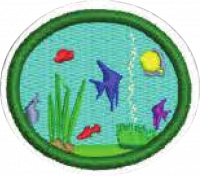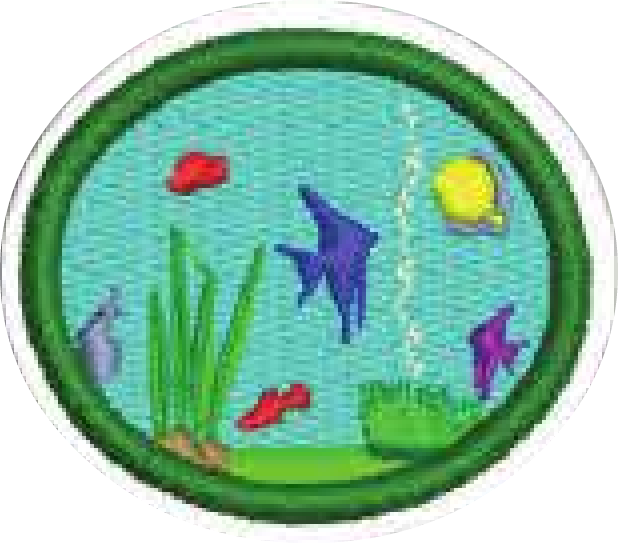Difference between revisions of "AY Honors/Fishkeeping/Answer Key"
From Pathfinder Wiki
< AY Honors | FishkeepingAY Honors/Fishkeeping/Answer Key
m |
(Marked this version for translation) |
||
| Line 3: | Line 3: | ||
{{ansreq|page={{#titleparts:{{PAGENAME}}|2|1}}|num=Prologue|dispreq={{Localize|Prologue}}}} | {{ansreq|page={{#titleparts:{{PAGENAME}}|2|1}}|num=Prologue|dispreq={{Localize|Prologue}}}} | ||
| − | <noinclude><translate></noinclude> | + | <noinclude><translate><!--T:120--> |
| + | </noinclude> | ||
<!-- Prologue: All specimens used to complete this honor must be purchased in accordance with the laws in your country. --> | <!-- Prologue: All specimens used to complete this honor must be purchased in accordance with the laws in your country. --> | ||
<noinclude></translate></noinclude> | <noinclude></translate></noinclude> | ||
Latest revision as of 22:41, 12 April 2021
Prologue
All specimens used to complete this honor must be purchased in accordance with the laws in your country.
1
Have the Fishes honor.
For tips and instruction see Fishes.
2
What is fishkeeping?
3
Present the history of fishkeeping, the first peoples who practiced it, development of techniques, historical evidence, etc.
4
Explain what each of the following is, how it works and how it is useful:
4a
Thermostat
4b
Gravel
4c
Substrate
4d
Vacation ration
4e
Biological plate
4f
Bio ball
4g
Aquarium net
4h
Fluidized filter
4i
External filter
4j
UV filter
4k
Ozonizers
4l
Calcium Reactor
4m
Skimmer
4n
Automatic feeder
5
Give some advantages and disadvantages of a saltwater aquarium relative to a freshwater aquarium.
6
Identify, in person or by pictures, 10 decorative saltwater fish and 15 freshwater decorative fish commonly used in aquariums.
7
To know 10 aquatic fresh water plants commonly used in aquariums. Identify them by pictures or in person.
8
Identify in person or by pictures, five corals used in marine aquariums.
9
List and identify in person or by pictures five common animals in marine aquariums (do not include fish or corals in the list).
10
List and identify in person or by pictures five common animals in freshwater marine aquariums (do not include fish in the list).
11
List five different water tests, explain the importance of using them and demonstrate at least the use of one of them.
12
Complete the following activities:
12a
Assemble an aquarium of at least 20 liters with a balanced amount of plants and fish, and maintain it for at least six months.
12b
During assembly, do the following:
i
Demonstrate the ability to assemble and explain the operation of a suitable filtration system
ii
Explain your selection and install a compatible lighting system
iii
Select the type of soil most suitable for the desired environment
iv
Plants: Analyze the species that best fit the model
v
Fish: Explain about the species chosen, the relationship of space vs. adult size and number of specimens; ideal temperature for growth, temperament, ration type, reproduction, major diseases and problems.
12c
During a period of at least three months, take note of the effects of the following conditions on the fish and the aquarium in general:
i
Too much light
ii
Too little light
iii
Too much food
iv
Changes in water temperature
v
Too few plants for many fish



